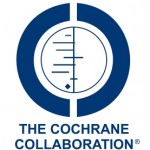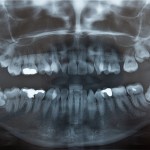
Surgical removal of third molars is a very common procedure and postoperative pain is a major concern for patients. Non-steroidal anti-inflammatory drugs are (NSAIDs) frequently recommended to manage this pain. Ibuprofen and paracetamol commonly used and recently a combination analgesic containing both paracetamol and ibuprofen has become available in the UK. The aim of this [read the full story…]

